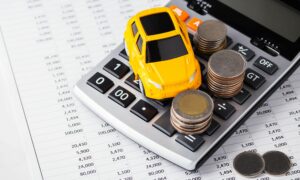Are you planning on buying a new car but wondering how to get the best deal from a car dealership? Or maybe you’re considering a used car and wondering what factors to look for to make sure you’re getting a good deal. In any case, the best car price doesn’t always mean the best deal.
We’ll teach you what things to consider to help you get a better understanding of how to get the most out of your purchase. Here’s something interesting. A recent Autotrader study suggests most car shoppers can’t differentiate the difference between the lowest price and fair pricing.
What does that mean? That means in the mind of the customers they’re both the same. Similarly, they found out that the top three deal makers in terms of value and desirability are: honesty of the dealership, transparent pricing, and competitiveness of finance rates that the dealership offers.
The same study concludes that about 90% of customers expect these things.
Shopping for a new car can be stressful. Especially if there are tons of options available including varying prices from different dealerships and online platforms. There are also different payment options and financial choices which could be overwhelming.
So, how can you get the best deal when you purchase a new car? Let’s dive in!
What’s considered the best price for a car?
How do you find the best price on a new car purchase? The answer to this question is subjective. A good price for a car depends on your needs and budget.
So, how much should I spend on a car based on my salary?
The most important thing to consider before you sign up is to calculate your net income. This is the amount you are left with after the taxes have been deducted from your paycheck. Once you have this number, you can start looking for a car that costs 10-15% or less of your net income.
For example, if your net income is $3,000 per month, the price of the car you should be looking at should not exceed $600. The amount should be able to cover your car payment, fuel, and insurance.
Before you choose a car, make sure to consider some of the important factors like sticker price, invoice price, dealer incentives, out-the-door price, rebates, and financing rates as they can help improve the overall cost.
Make sure to do your research before you sign up for the car of your choice. This will give you an idea about the real price of the new vehicle. Edmunds and Truecar are some of the platforms that can give you a good idea about the fair price for the vehicle.
Am I getting a good deal from the car dealer?
The answer to this question is not as simple as a yes or no. A good deal on a car depends on multiple factors like the type of vehicle, its features, your negotiation skills, and the dealership you’re working with.
If you’re looking for a new car, you can use the Edmunds app to find out the true market value of the vehicle. This will give you a good idea about how much you should be paying for the new car.
You can also use sites like Truecar and Carsdirect to find out the dealer invoice price and MSRP. These two prices will help you negotiate a better deal with the car dealership.
Lastly, it’s important to remember that the best car deal is the one that gives you the most value for your money. So, don’t just focus on the price of the car, but also consider other important factors like dealer incentives, rebates, and financing rates.
How to get the best deal on a new car
Now that you have an idea about what’s a good price for a car, it’s time to talk about how to get the best deal. To do that, we need to understand the difference between the three.
The lowest price is the one that car dealers charge you the least amount possible for the car. The fair price is the one where the car dealership offers you a price that’s close to the invoice price.
The best deal is the one where the dealer offers you the lowest price and also includes some extras like free maintenance or an extended warranty.
As we mentioned before, most car buyers can’t differentiate between the lowest price and fair pricing. When you’re looking for the best deal, it’s important to remember that the lowest price isn’t always the best deal. The best deal is the one that meets your needs and budget.
On the other hand, a bad deal is the one where the dealer offers you a high price and includes some extras that you don’t need. For example, if you’re looking for a new car, and the dealer offers you an extended warranty or free maintenance.
Here are our secrets for the best car buying experience:
- Do your research: Edmunds and Truecar are two platforms that can help you with your research.
- Compare prices: Once you’ve decided on the car you want, compare prices from different dealerships and online platforms.
- Negotiate: Don’t be afraid to negotiate the price of the car. The worst thing the dealer can say is no.
- Get the best financing rate: Make sure to compare financing rates from different dealerships to get the best deal.
- Ask for extras: When you’re close to finalizing the deal, don’t forget to ask for extras like free maintenance or an extended warranty.
- Take your time: Don’t rush into a decision. This is a big purchase, and you want to make sure you’re making the right choice.
- Only pay cash. Instead of an auto loan, finance the car with your own savings. This way, you’ll get a better interest rate and avoid being upside down on your monthly payment.
- Get pre-approved if you can’t pay with cash. This way, you’ll know exactly how much car you can afford on a car loan and avoid being taken advantage of by the dealership. Talk to different credit unions and ask for their interest rate, auto loan rates, etc. You can also talk to a finance manager at a dealership, but remember that their job is to sell you a car, not get you the best deal.
- Know the total cost of ownership. When you’re looking at a car, don’t just focus on the monthly payment. Make sure to also factor in things like insurance, gas, and maintenance.
- Lease before you buy. If you’re not sure if you want to commit to a car, you can always lease it first. This way, you can test it out and see if it’s the right fit for you.
- Timing is everything. The best time to buy a car is typically the end of the year when dealers are looking to clear out their inventory. Similarly, during cold weather, people are less likely to buy cars, so you might be able to get a better deal.
- Check their inventory. Car dealerships usually have a limited inventory, so if you’re looking for a specific model, make sure to check their stock before you go. Shop around. Don’t just visit one dealership instead talk to multiple dealers. It’s important to compare prices and deals, especially with local dealers before making your final decision.
- Avoid upscale options. Upscale trim levels and tech options don’t hold their value as well over time, so you’ll want to avoid them when you’re car shopping if you’re looking to get the most bang for your buck, especially for resale.
- Choose a manual transmission. If you’re looking for a used car, the most dependable ones in the auto industry are going to have a manual transmission. This is because they’re simpler and have fewer parts that can break down. Look for certified pre-owned (CPO) vehicles. CPO vehicles come with extended warranties and other benefits that make them a better option than buying a used car outright. And make sure to test drive the car before you buy it. This is the only way to truly know if it’s the right fit for you.
- Choose small-wheel vehicles. Smaller wheels usually mean a lower price tag. The same goes for cars with smaller engines.
- Buy the vehicle below their invoice prices. The invoice price is the price that the dealer paid for the vehicle and is the starting point for negotiation. If you can, try to get the car at or below this price. Use cash back rebates. If a dealership offers you a cashback rebate, make sure to factor it into your negotiating strategy. Get the dealer to agree in writing. Once you’ve reached an agreement with the dealer, make sure to get it in writing before you sign anything.
- Be nice when negotiating. When you’re car shopping, it’s important to be polite and professional. You have to treat the car salesperson with respect if you want them to treat you the same way. Don’t show your excitement. If you show how excited you are to buy the car, the dealer will know they have the upper hand in the negotiation. Try to keep a poker face and stay calm. Don’t buy the first car you see. It’s important to shop around and compare your options before making a decision.
- Treat your trade-in and the purchase price separately. When you’re negotiating, don’t focus on getting the dealer to agree on a dollar amount for your trade-in. Instead, negotiate the purchase price of the car first, then use the trade-in as leverage to get a better deal.
- Use your smartphone in the negotiation process. Hold your smartphone and use it to verify the market value so you don’t fall for high-pressure sales tactics.
- Don’t pay the full price of add-ons. Remember, the dealership’s job is selling cars. Most car buyers don’t need all the bells and whistles that the dealer is selling.
- Ask the sales manager for small favors. If you’re close to agreeing on a price, ask the sales manager for small favors like free floor mats or a tank of gas. These little things can add up and save you money in the long run.
- Read the papers first before you sign. Make sure you understand everything in the contract before you sign it. This could be your financial protection in case something goes wrong.
In a financing deal, the length of the loan and the interest rate are the two key factors that will affect your monthly payments. Find ways to save money when car buying. The best car deals should involve an affordable monthly payment, a reasonable interest rate, a manageable loan term, and low or no money down.
In Conclusion
The best car price doesn’t always mean the best deal. However, the best deal is the one that meets your needs and budget. To get the best deal, you need to do your research, compare prices from multiple dealerships, and negotiate. Never hesitate to ask for extras like free maintenance or an extended warranty.
Be patient and take your time when talking to multiple dealers or a private seller. Remember, the negotiation process is a marathon, not a sprint. The goal is to get the best deal possible, not to get the lowest price.
Comparison shopping and negotiating are key when looking for the best car deal. If you follow these tips, you’ll be sure to get an incredible deal new car.
Are you ready to get the best deal on your next car? We’re here to help you get behind the wheel of your dream car.
Thank you for reading! We hope this article was helpful. If you have any questions, feel free to contact us.




